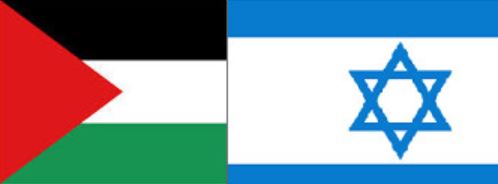Israeli and Palestinian negotiators held on Wednesday [August 21, 2013] the third round of direct political talks in an undisclosed location in Jerusalem. The Palestinians demanded involving the Quartet Committee in the direct talks, but Tel Aviv and Washington, the mediator, expressed reservations.Israeli Justice Minister, Tzipi Livni, stated that direct Israeli-Palestinian peace talks would lead to what she called “fundamental decisions” that would lead to ending the conflict.
Livni did not explain the nature of the “fundamental decisions”, and stated that she is facing some issues with extremist members of the coalition government, especially religious parties that reject the establishment of an independent Palestinian State, the Arabs48 news website said.
She also demanded the Labor Party in Israel to show more support to peace talks, and to help in achieving a peace agreement based on the “Land for Peace” principle.
Israeli and Palestinian negotiations teams also never reveal details on what took place during the first and second rounds of direct talks, held following three years of impasse due to Israel’s ongoing violations, including its ongoing settlement activities in the occupied West Bank, and occupied East Jerusalem.
Livni and Personal envoy of Prime Minister, Benjamin Netanyahu, Yitzhak Molho, represented the Israeli side, while Chief Palestinian negotiator, Dr. Saeb Erekat, and Personal Advisor to President Mahmoud Abbas, Mohammad Eshtayya, represented the Palestinian side.
Although details of issues discussed were never made public, but it is believed that the talks focused on a number of issues including borders, security, Jerusalem, the Palestinian Refugees, and settlements.
Furthermore, Israeli sources said that the Palestinian side demanded that representatives of the Quartet Committee (The United States, the European Union, the United Nations and Russia) be involved in the direct talks.
The sources added that although Livni did not express rejection to the Palestinian demand, but the Israeli government of Benjamin Netanyahu, and the United States, expressed reservations.

